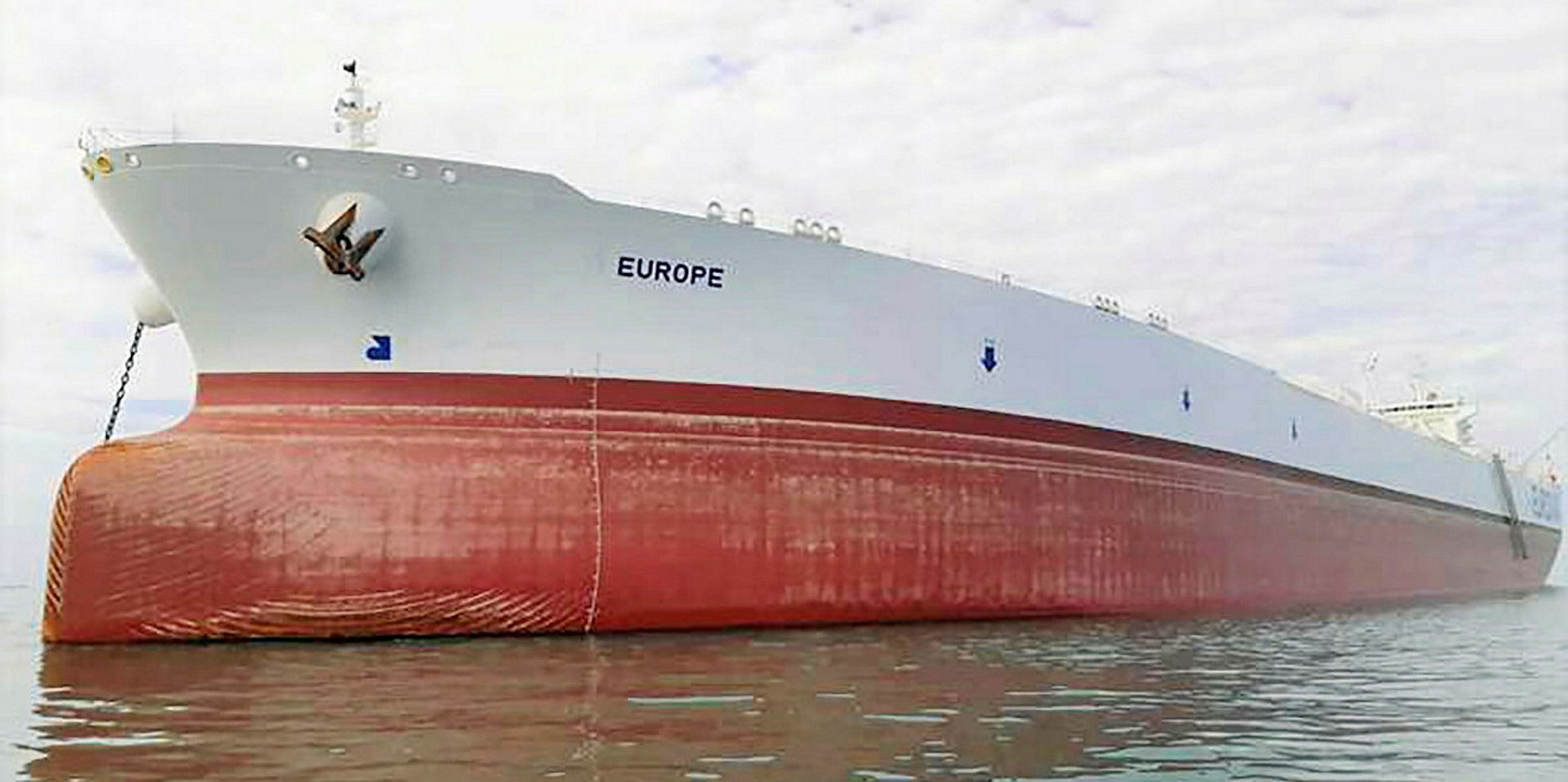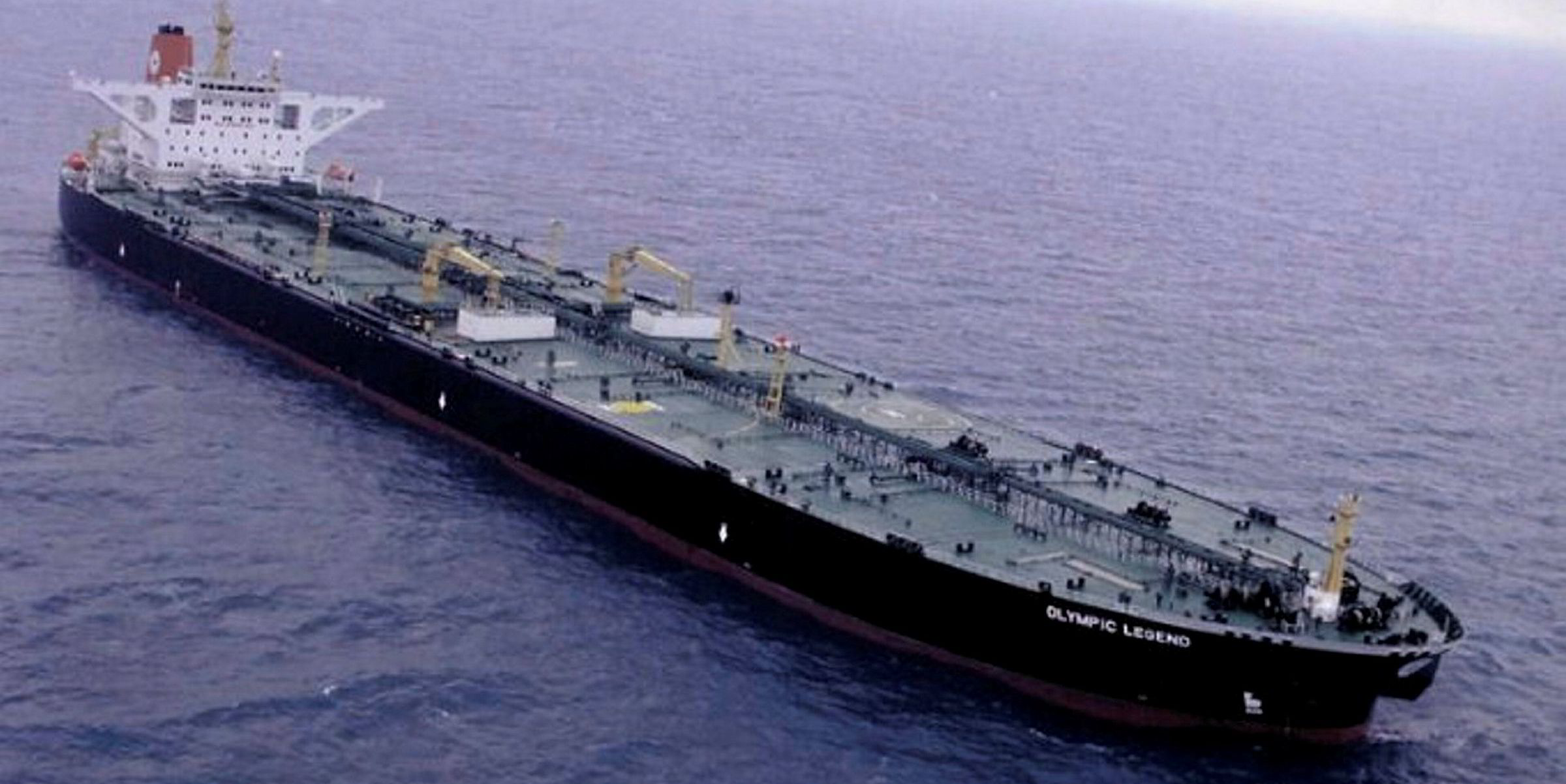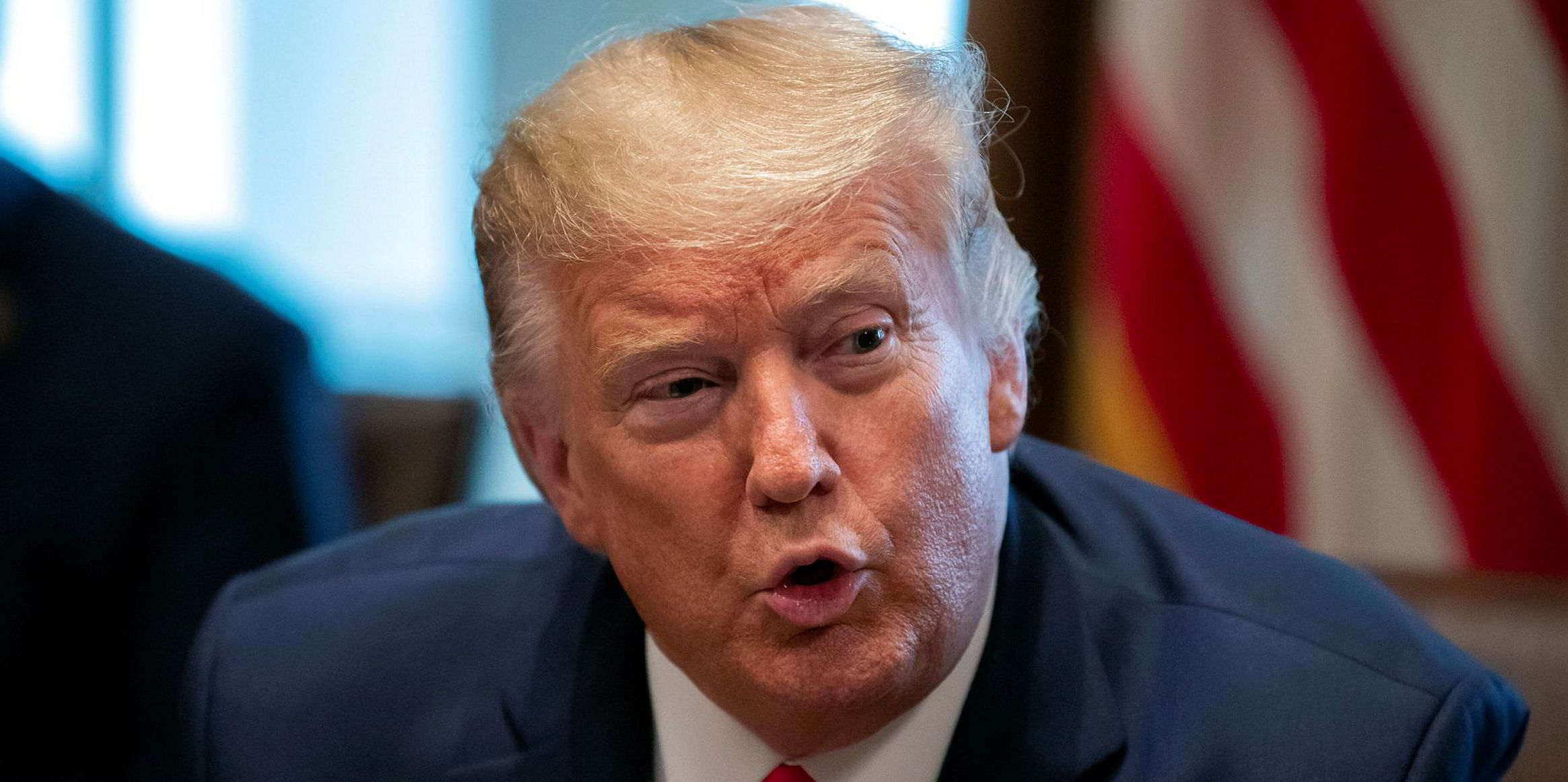Euronav is seeking to period-charter out up to three VLCCs in an attempt not to be “the greediest people” during the current tanker bull runs, according to chief executive Hugo De Stoop.
Despite strong spot earnings, some owners have recently been busy fixing their VLCCs on charters of up to a year with options for floating storage to secure forward earnings.
In a conference call held by Value Investor's Edge this week, De Stoop said period charters of six to nine months were discussed at between $70,000 per day and $90,000 per day.
TradeWinds reported that the 300,000-dwt Hunter Atla and Hunter Laga (both built 2019), Hunter Freya (built 2020) and Eco Queen (built 2016) — all of which have scrubbers — were fixed for six months at $80,000 per day.
“We have a very, very large fleet and we are sort of conservative people in our mentality,” De Stoop said. “It’s a very good read that you’re being offered for six months at $80,000 [per day].
“It’s too good to refuse ... We are currently looking at, I believe, two or three fixtures.”
Brussels and New York-listed Euronav is one of the largest spot players in the segment, having deployed more than 30 of its VLCCs in the Tankers International pool.
Fixing some VLCCs on period charters would not reduce Euronav’s exposure to spot trade much, De Stoop stressed, “because you can only do a limited number of ships at those rates”.
“We’re not changing our strategy, but we, nevertheless, try not to be the greediest people in the market,” he said.

Euronav had chartered the 441,500-dwt Europe (built 2002) to Glencore for six months at $37,000 per day right before period rates picked up, but De Stoop insisted he is “very happy” about the deal.
“It’s simply a size that people are not very keen to use ... The number of players in the market [for the ULCC] is extremely limited,” he said. “You’re talking about maybe two or three of the big trading houses. And maybe one account in China.
“We’re not talking about a regular market, and it’s never possible to compare it to the VLCC market.”
He also pointed to the ship’s age.
“So getting that kind of rate on a ship that has barely no finance ... and has been used as a storage [unit] at much lower rates in the past, we’re very happy about it,” he said.
We're not changing our strategy, but we, nevertheless, try not to be the greediest people in the market.
Hugo De Stoop
Slowing bull runs
Following a historic week-long rally, spot VLCC earnings on the benchmark Middle East Gulf-China route have fallen 28.1% this week to $180,024 per day on Wednesday, according to the Baltic Exchange.
Brokers said several owners who had earlier dropped fixtures eventually accepted lower rates, dampening market sentiment.
But De Stoop suggested he would be satisfied if spot earnings can stay near $150,000 per day for one or two months, saying further hikes from last week’s peak of $250,000 per day may not be sustainable.
“We are booking voyages at phenomenal rates. I mean, we're talking about $150,000 [per day] to $250,000 per day for voyages that will last anywhere between 50 and 90 days,” he said.
“So we're going to accumulate a lot of cash. We're going to accumulate a lot of profits.”
Many analysts believe spot VLCC earnings for the second quarter could achieve the highest quarterly average in recent memory, with the price war among oil producers boosting shipments from the Middle East.
However, with a collapse in oil consumption caused by the coronavirus outbreak, much of the incremental supply is expected to enter floating storage — some estimates put the requirement at 50 to 100 VLCCs — and onshore tanks.
Sharing the more sombre view among some analysts, De Stoop suggested such stocking would be bullish for the short term but bearish in the long run. When refineries eventually begin to de-stock, they will reduce imports and release the ships used for floating storage back into trading.
“Short-term, it's very, very lucrative. But long-term we anticipate that some of that [oil] currently stored and not being consumed will come back to the market and reduce the demand for transport," he acknowledged.
“It's a cycle being brought to us by a price war and we understand that it cannot last forever. At the back of it there will be weakness.
“The longer the [stocking] period that we are currently going through, the longer the period of pain will be.”







